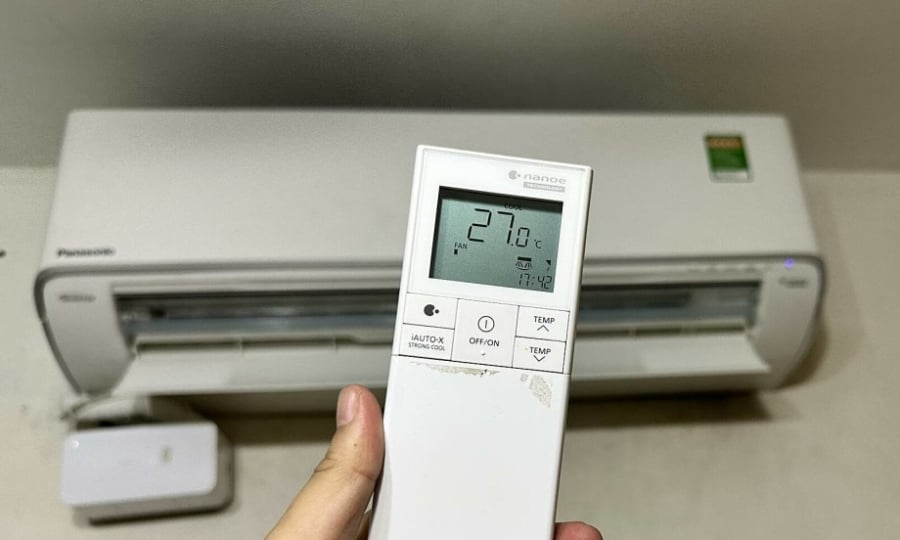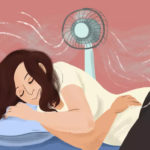1. Impact on Sleep Quality

Is Setting the AC to 26°C Good for You?
-
High Temperatures Can Disrupt Sleep: A temperature of 26°C may feel warm to many, especially during sleep. A too-hot environment can decrease sleep quality, leading to frequent night wakings or difficulty falling asleep.
-
Lack of Deep Sleep: Sleeping in a non-ideal temperature setting can prevent your body from reaching the deep stages of sleep necessary for restoration and rejuvenation. This results in feeling tired upon waking up.
2. Health Implications
-
Increased Respiratory Issues: Sleeping in a hot environment can be uncomfortable and heighten the risk of respiratory problems such as a sore throat or congested airways.
-
Skin Discomfort: High temperatures and dry air can cause moisture loss in your skin, leading to dryness, itchiness, or irritation.
3. Energy Efficiency
-
High Energy Consumption: Operating an air conditioner at 26°C may require the unit to run continuously, consuming more energy than a lower temperature setting. This not only increases electricity bills but also impacts the environment.
-
Energy and Cost Savings: Lowering the thermostat can reduce energy usage and lead to financial savings on electricity costs.
4. Ideal Sleep Temperature
-
Recommended Temperature: According to sleep and health studies, the ideal temperature for sleep typically falls between 20°C and 22°C. This range helps maintain a stable body temperature and promotes optimal sleep conditions.
-
Personalized Adjustments: Depending on personal preferences and the type of bedding you use, you can adjust the temperature to achieve maximum comfort.
5. Alternative Solutions
-
Fan Assistance: If your room is too hot, consider using a fan to improve air circulation without lowering the thermostat too much.
-
Humidity Control: Utilize a humidifier to prevent the air from becoming too dry, thereby enhancing sleep comfort.
-
Breathable Bedding: Opt for bedding made from breathable, moisture-wicking materials to help regulate your sleeping temperature.

Important Considerations for Your Health
Conclusion
While setting your air conditioner to 26°C may feel comfortable in certain situations, it is not the optimal choice for long-term sleep and health. To ensure quality sleep and maintain good health, consider adjusting your thermostat to the 20-22°C range and implementing additional supportive measures to create an ideal sleep environment. Taking care of and optimizing your sleep environment will not only enhance your sleep but also contribute to your overall well-being.
Tips for Keeping Cool on a Hot Summer Day
As extreme weather patterns become increasingly common, many are struggling to find ways to cope. With temperatures in our country rising and cooling far beyond what used to be considered normal for the season, winter often feels like spring and summer can be oppressive and sweltering. How can we prepare for and manage the drastic shifts in climate?






































